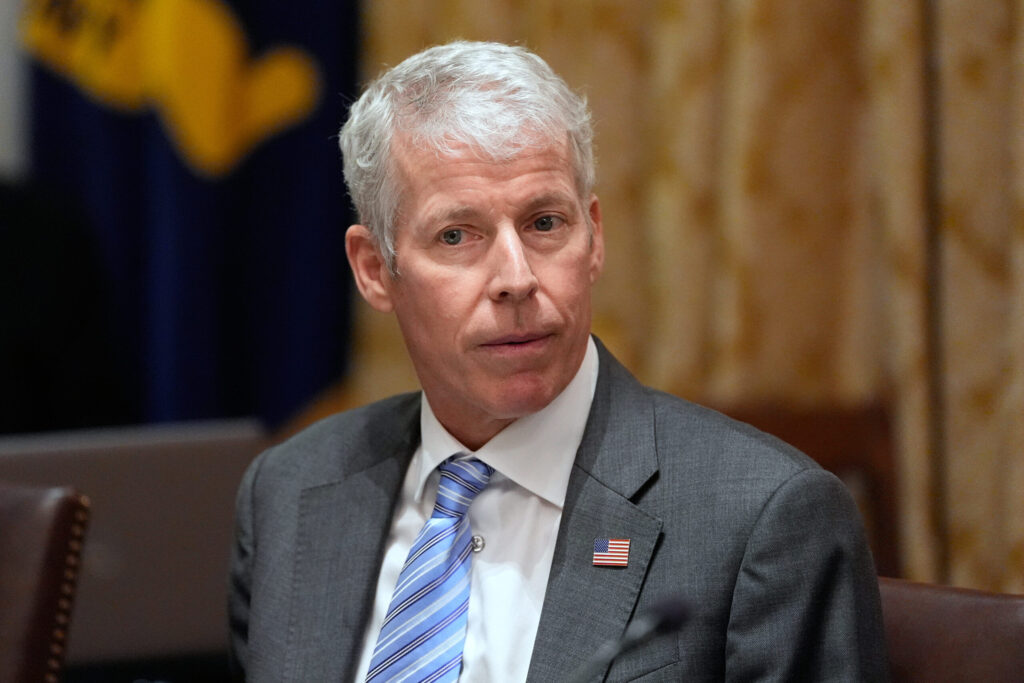Here comes another harmful regulation | Colorado Springs Gazette

Residents and businesses struggling to afford Colorado’s overly and increasingly regulated economy are leaving. It will get worse before it gets better, as many of the regulations haven’t kicked in or had time to inflict their full damage.
Take, for example, the regulations mandated by House Bill 1244, which was passed and signed into law in 2022. The law forces about 2,000 Colorado food plants, utilities, oil and gas wells, utility plants, food manufacturers and other emissions-producing entities to report up to 482 toxic air contaminants that they might have emitted this year. That’s 295 more air contaminants than the federal EPA monitors.
It is easy to regulate, and difficult to comply. As explained in a Colorado Chamber of Commerce article, the new Air Toxics Regulation Unit of the Colorado Air Pollution Control Division won’t have the reporting templates available until February.
“So companies must track emissions before they even know how to report them and then get that information into the state by June 30,” explains the article by Ed Sealover.
Stay up to speed: Sign-up for daily opinion in your inbox Monday-Friday
The law applies to any business that requires air-quality regulation permits. It also applies to facilities with incinerators subject to regulations. HB 1244 combines with an assortment of other new regulations on businesses, including those that limit manufacturing emissions and force most commercial buildings to convert to electrical heating and cooling.
In a report released last month, the chamber linked Colorado’s excessive regulations to its five-point fall on CNBC’s rankings of “Best States for Business.”
Colorado’s economy has fallen to 32nd best this year, after a longstanding ranking among the top 10. Two-thirds of Chamber members surveyed say Colorado’s regulatory environment is tougher than in other states where they do business.
Excessive regulations have businesses passing over Colorado for relocation. Others are raising prices to fund the costs of regulations. Some are shutting down or laying off employees.
Yes, we need regulations to protect air, water, health and safety. We don’t need regulations that do more harm than good – such as those with short deadlines and no realistic way to comply.
“It would really be beneficial if (state regulators) put together some kind of instructions or guidelines on how to report,” said Mike Paules, associate director of American Petroleum Institute Colorado, as quoted by Sealover.
Along with being among the 10 most-friendly business states, Colorado has long had the trappings of success. Because Colorado contained good jobs and was relatively affordable, people moved here in droves. While the population has nearly doubled in 30 years, it ranked seventh this year on the Forbes’ list of 10 states people are leaving the most.
The high cost of living and out-of-reach real estate prices continue to drive would-be homebuyers out of the area, while traffic congestion, increasing crime rates and pollution seal the deal for many deciding to leave,” the Forbes article explains.
The magazine cites another trend: “Colorado’s politics have shifted towards the left in recent years. Conservatives leaving the state for Texas and Arizona are on the move. Overall, 12,145 families left Colorado last year.” The increase in regulation correlates directly with Colorado’s shift to the left.
People and businesses flock to Colorado when the regulatory climate favors a low cost of living. A stagnating business climate and an exodus of residents indicates failure. In large part, we can blame the latter on excessive top-down control of the market.
Colorado Springs Gazette Editorial Board














